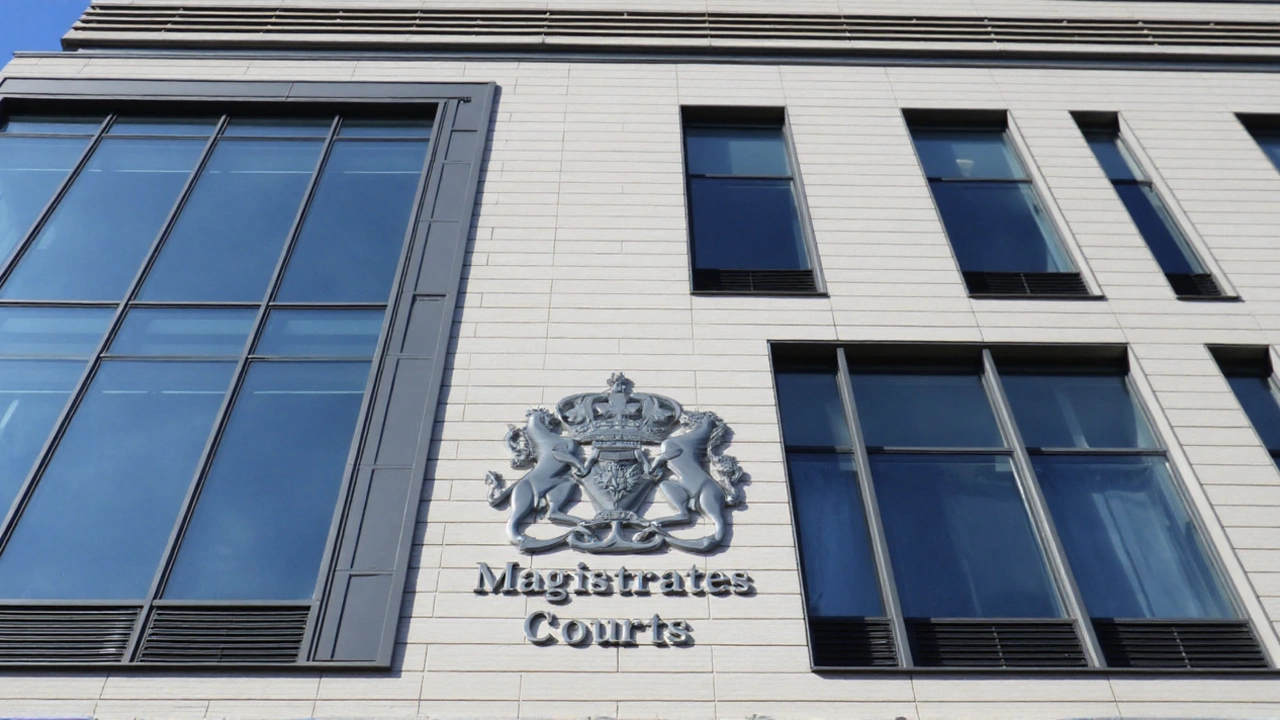A local flashpoint meets a national policy
Conservative mayor Paul Bristow is urging Peterborough council to challenge the Home Office’s use of local hotels to house asylum seekers, pointing to a fresh legal precedent from Epping that could reshape how councils fight back. In that High Court case, a judge ordered that asylum seekers must be moved out of an Epping hotel by 4 p.m. on September 12, ruling the arrangement breached planning rules. For town halls that have long said hotels were never meant for long-stay accommodation, the decision looks like a door opening.
At the heart of the argument is planning law. Hotels are typically approved to host temporary guests, not semi-permanent residents. Epping Council ran with that distinction and won. The court accepted that the shift in how the hotel was being used amounted to a material change that needed planning permission. That’s new territory: judges had mostly kept out of these fights before, leaving councils frustrated as the Home Office expanded block bookings.
Bristow thinks the same logic could apply in Peterborough. He wants the council to examine whether the local use of hotels meets planning consent or crosses the line into something else—effectively a different use class. If it’s the latter, the council could seek enforcement or go straight to court for an injunction, as Epping did. That would put real pressure on the Home Office to find alternative accommodation fast.
The stakes are broader than one city. The government has leaned on hotels since 2021, at times paying around £8 million a day, because the asylum system has a big backlog and limited dedicated housing. Communities from seaside towns to commuter belts have seen familiar properties turned into full-time sites, sometimes with security and catering services that look nothing like normal hotel operations. Supporters say it’s a stopgap; critics say it’s a quiet redefinition of planning rules without public consent.
Mr. Justice Ays, who decided the Epping case, said protests outside the hotel only played a limited role in his thinking. He acknowledged fears among local residents about crime and the mix of lawful and unlawful activity around demonstrations, but the core issue was planning. That framing matters: it tells other councils where to focus—on land use rather than public order.
For Peterborough, the legal path would likely rest on questions such as: how long are people staying, how many, what services are provided, and do those features change the character of the building from a hotel to something closer to a hostel or an institution? In planning terms, that can be the difference between Class C1 hotel use and something that needs fresh consent. If there’s no permission, a court can step in.
Campaigners for refugees will point out the human side of all this. Moves on short notice can be disruptive for people already under stress, especially families in the asylum system. Charities have warned that hotel life isn’t a long-term answer either—children grow up in one room, adults can’t cook their own food, and community ties never form. These two truths sit together: hotels are a poor solution, and rapid relocation can be harmful. The real fix is faster decisions and more suitable accommodation.
The Home Office has repeatedly said hotels are temporary and that it’s working to reduce their use, replacing them with large accommodation sites and dispersal housing. That shift brings its own battles. Plans for former military sites and barges have sparked legal challenges and local resistance, too. So any win against hotel use could move, not remove, the pressure—onto other communities or other types of facilities.
What makes the Epping ruling different is that it’s the first time a judge has backed a council in this way. That doesn’t make it a one-size-fits-all precedent, but it does give councils a clearer playbook. If Peterborough follows through, expect a painstaking audit of each site and how it operates. Details matter: duration of stays, on-site security, meal provision, visitor policies, curfews, and the scale of occupation all feed into whether the use looks like a hotel or something more permanent.
If the council acts, the process could move on two tracks. First, standard planning enforcement—serving notices and giving time to comply. Second, if urgency is claimed, applying to the High Court for an injunction under planning powers to stop the alleged unlawful use. That’s what forced the deadline in Epping. The flipside: the Home Office could argue public interest, emergency need, or existing permissions, and ask the court to hold off.
Local politics will color this. Residents who live near affected hotels want clarity on timelines and safety. Businesses that rely on visitors might prefer hotels back in normal operation. Meanwhile, service providers—charities, schools, GP surgeries—need notice if large groups are moved in or out. Bristow’s call is as much about asserting local control as it is about the rights and wrongs of the national policy.
For now, all eyes are on the next step: will Peterborough council take the Epping judgment and run with it? If it does, it won’t be the last authority to try. Councils share lawyers, swap case notes, and watch each other’s wins and losses closely. A handful of successful injunctions could quickly redefine how the Home Office places people—and where.

What the council would need to show
Any challenge would likely turn on evidence that hotel operations have shifted beyond ordinary, short-term stays. Councils typically build their cases around practical markers of use and impact, including:
- Length and nature of occupancy: weeks or months instead of nights, with little turnover.
- Scale and intensity: large numbers of residents, 24/7 staffing, and restricted access.
- On-site services: regular catering, laundry, welfare support, and healthcare provision.
- Security measures: controlled entry, perimeter checks, and transport arrangements.
- Community impact: pressure on local services, complaints, and documented planning harm.
None of these factors alone decide a case, but together they can show a change in the building’s purpose. If a court agrees, the remedy is straightforward on paper—stop the unlawful use—yet complicated in practice. People need somewhere to go. That’s why any order, like the Epping deadline, puts the clock on central government.
For residents in Peterborough, this debate is about who gets to decide what happens on their streets, and under what rules. For those living in refugee hotels, it’s about stability and dignity while they wait for decisions that can shape the rest of their lives. The law won’t solve that tension on its own, but it may decide where it plays out next.








Write a comment